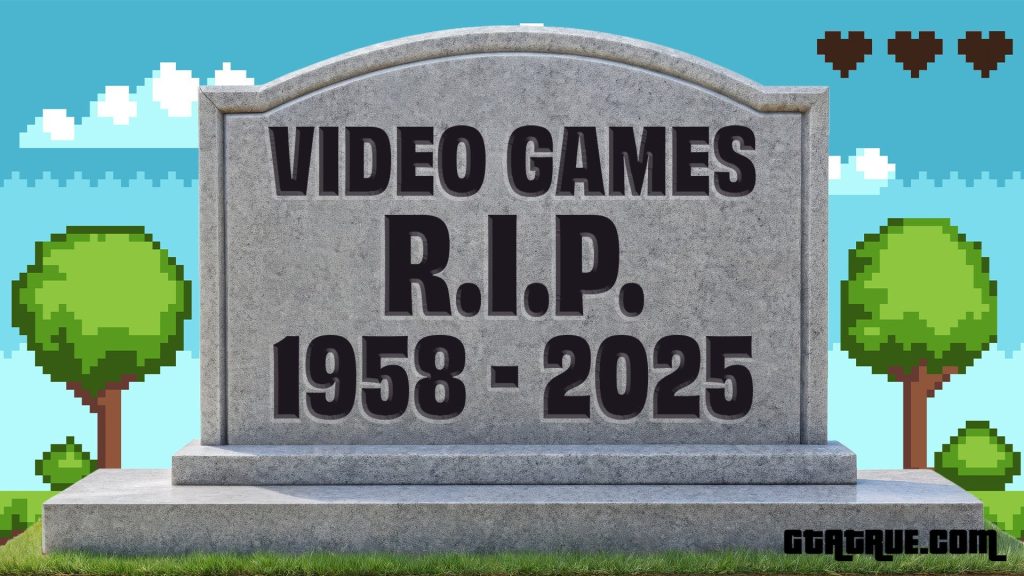Is GTA 6’s Delay a Sign of Trouble for the Gaming Industry?

In a recent observation, someone pointed out that it’s often easier to be a pessimist than an optimist in today’s world. Predicting failure tends to draw less scrutiny than envisioning success. I can’t help but keep this in mind as I share my thoughts on the current state of the video games industry, especially with the recent delay of GTA 6 to mid-2026. Some may say the industry is in trouble, but I believe it’s beyond that – it’s on the brink of collapse. The video games industry, as we’ve known it, is on its last legs; it just doesn’t realize it yet.
Let’s delve into how the landscape of the gaming industry has evolved. In the past, major western developers like Ubisoft, EA, and 2K would churn out big-budget games annually. These ranged from established franchises like Call of Duty to new releases like Assassin’s Creed. Indie publishers also played a significant role, alongside the vibrant Japanese development scene and the booming mobile games market. Gaming outlets, YouTubers, and live streamers created a thriving ecosystem around the industry.
However, the industry has undergone a seismic shift recently. Major layoffs at EA, Fandom’s struggles, and Polygon’s sale exemplify the turmoil within. The video games market is no longer expanding rapidly, leading investors to seek greener pastures in fields like AI. People are now spending more time on social media, consuming short, addictive videos rather than playing games. This shift has had a ripple effect, impacting not just game developers but the entire gaming ecosystem.
The traditional model of big-budget games with long development cycles is no longer sustainable. Publishers are exploring live service models and new trends like blockchain and NFTs to stay afloat. GTA 6 and the upcoming Switch 2 are seen as potential game-changers, but the dominance of platforms like TikTok raises questions about their impact on the industry.
While the immediate impact may not be evident to consumers, the industry is at a crossroads. We may see fewer AAA games in the future, with independent studios and smaller developers filling the void. There’s hope that new, innovative studios will emerge, drawing inspiration from successful outliers like CD Projekt and Nintendo. The indie scene continues to push boundaries, showcasing resilience and creativity in the face of adversity.
The games industry is evolving, and while the old guard may be fading, there’s a glimmer of hope for a new era of gaming innovation. The spirit of creation and play will endure, driving the industry forward into uncharted territory. The games industry as we know it may be fading, but the future holds endless possibilities for those willing to embrace change and creativity.
